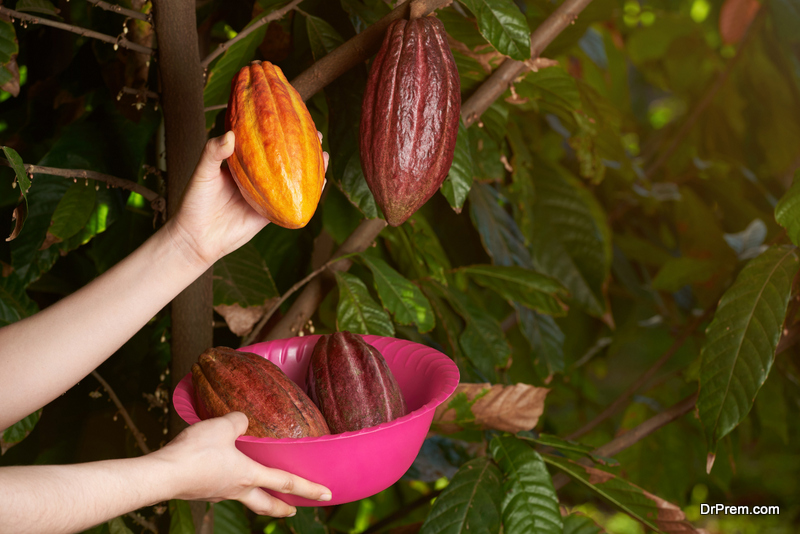


Change log levels per file (perfect for debugging). Lumberjack is Flexible:Ĭonfigure your logging however you want. Or to a database or distributed file system. Want more? Create your own loggers (it's easy) and send your log statements over the network. One log statement can be sent to multiple loggers, meaning you can log to a file and the console simultaneously. (And the DDLog macros have the exact same format and syntax as NSLog, so it's super easy.) Lumberjack is Powerful: Then simply replace your NSLog statements with DDLog statements and that's about it.
COCOA FRAMEWORKS IN APPCODE CODE
It takes as little as a single line of code to configure lumberjack when your application launches. In most cases it is an order of magnitude faster than NSLog. It is similar in concept to other popular logging frameworks such as log4j, yet is designed specifically for Objective-C, and takes advantage of features such as multi-threading, grand central dispatch (if available), lockless atomic operations, and the dynamic nature of the Objective-C runtime. for all kinds of questions involving CocoaLumberjack, use the Google group or StackOverflow (use #lumberjack).įeatures Lumberjack is Fast & Simple, yet Powerful & Flexible.if you find issues or want to suggest improvements, create an issue or a pull request.read the Getting started guide, check out the FAQ section or the other docs.bootstrapWithCocoaLumberjack() // Use CocoaLumberjack as swift-log backend More information sharedInstance) // Configure loggers LoggingSystem. Import CocoaLumberjack import CocoaLumberjackSwiftLogBackend import Logging // In your application's entry point (e.g.
COCOA FRAMEWORKS IN APPCODE HOW TO
To use swift-log with CocoaLumberjack, take a look the following code snippet to see how to get started. In your own log formatters, you can make use of the swiftLogInfo property on DDLogMessage to retrieve the details of a message that is logged via swift-log. You will still configure the loggers and log formatters you want via DDLog, but writing log messages will be done using Logger from swift-log. You can then use DDLogHandler as backend for swift-log, which will forward all messages to CocoaLumberjack's DDLog. Simply add CocoaLumberjack as dependency to your SPM target (see above) and also add the CocoaLumberjackSwiftLogBackend product as dependency to your target. swift-log backendĬocoaLumberjack also ships with a backend implementation for swift-log. When integrating Lumberjack into an existing Objective-C it is possible to run into Multiple methods named 'tag' found with mismatched result, parameter type or attributes build error.Īdd #define DD_LEGACY_MESSAGE_TAG 0 before importing CocoaLumberjack or add #define DD_LEGACY_MESSAGE_TAG 0 or add -DDD_LEGACY_MESSAGE_TAG=0 to Other C Flags/ OTHER_CFLAGS in your Xcode project.

] // Uses os_logĭDFileLogger *fileLogger = init] // File LoggerįileLogger.rollingFrequency = 60 * 60 * 24 // 24 hour rollingį = 7 ĭDLogError( ") Objective-C ARC Semantic Issue


 0 kommentar(er)
0 kommentar(er)
